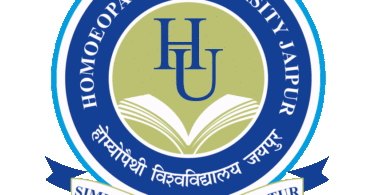The Ministry of AYUSH is in the process of setting up a nationwide ‘AYUSH grid’ to connect all hospitals and laboratories to collide with case histories and observations to generate evidence about the efficacy of traditional systems of medicine including Ayurveda.
The move is in line with the government’s Digital India motto. Prime Minister Narendra Modi, at a Yoga Awards ceremony last week, also emphasized the need to create a homogenous system by establishing an ‘Ayush Grid’ on the lines of One Nation, One Tax and One Nation, One Mobility Card.
Ministry of AYUSH and Ministry of Electronics & Information Technology have already entered into an agreement to cooperate with each other for digitization of the AYUSH sector.
The Ministry of Electronics and Information Technology has agreed to provide and provide technical assistance to the Ministry of AYUSH for the planning and development of the grid project.
Union AYUSH Secretary Dr Rajesh Kotecha said, “It will be beneficial for all stakeholders of AYUSH, including the citizens of the country and in turn, will help in achieving various national and international goals in the healthcare sector.”
The move has been welcomed by AYUSH experts and manufacturers of traditional medicines.
The executive director of AIMIL Pharma Ltd said, “It will instill confidence in the people and bring transparency and accountability to the sector at a time when the government is focusing on universal healthcare.”
The Prime Minister took the initiative to add technology to the tradition of Aayush when he announced the government’s plan to set up 12,500 centres across India that would provide a traditional system of health and medicine. Of these, 4,000 will be installed this year.
According to the Indian Council of Medical Research (ICMR), the estimated proportion of all deaths due to non-communicable diseases has increased from 37.09 per cent in 1990 to 61.8 per cent in 2016.
An array of Ayurvedic medicines are available in the market, some of which have been developed by the country’s prestigious research institutes such as the Council for Scientific and Industrial Research (CSIR).
CSIR has designed BGR-34 for the treatment of diabetes, while DRDO has developed NEERI-KFT for leukoderma or white patches for kidney diseases and leukoskin.





